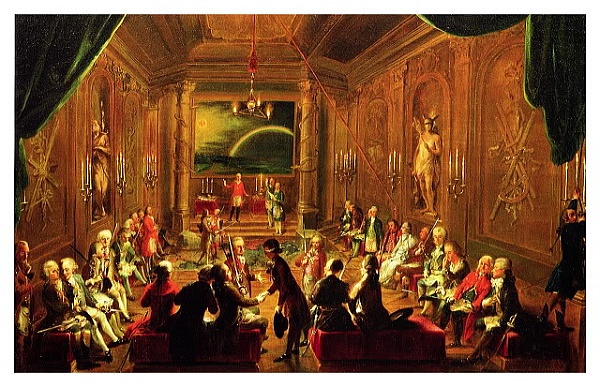
New Hamburg, Canada, Jan 4, 2013 / 04:37 pm (CNA/EWTN News).- Bishop Bernard Fellay, the head of the traditionalist Society of St. Pius X, mentioned Jews as “enemies of the Church” in a recent address reviewing the situation of the group as it considered full communion with Rome this past year.
“Who, during that time, was the most opposed that the Church would recognize the Society? The enemies of the Church. The Jews, the Masons, the Modernists,” Bishop Fellay, superior general of the society, said during a talk Dec. 28 at Our Lady of Mount Carmel Chapel in New Hamburg, Ontario.
The comment was made in passing during the wide-ranging address, which lasted one hour and 40 minutes.
The Society of St. Pius X was founded by Archbishop Marcel Lefebvre in 1970 as a response to what he described as errors that had crept into the Church following the Second Vatican Council. Its relations with the Vatican became strained in 1988 when Archbishop Lefebvre consecrated four bishops without the permission of Pope John Paul II.
Since Benedict XVI became the Pope, talks to reconcile the society with the Church have intensified, with a particular increase in 2012. However, the discussions seem to have broken down over the summer.
Speaking about this impasse, Bishop Fellay said that groups “outside the Church, who were clearly during centuries, were enemies of the Church,” expressed opposition to the reconciliation of the traditionalist society with the Catholic Church. His reference to “groups” seems to have been a reference his earlier mention of “the Jews, the Masons, the Modernists.”
The bishop said that 2012 saw trials “extended to almost the whole Society,” an experience he worried could mean “some people have then lost the trust in the authority.”
Bishop Fellay said that the society has received mixed signals from Rome, and that talks eventually broke down with accusations of the Pius X Society being “Protestants,” and of Roman Catholics being “Modernists.”
The group’s position, according to Bishop Fellay, is that the portions of the Second Vatican Council “opposed to what the Church has always taught” must be rejected. He said that Pope Benedict’s “hermeneutic of continuity” is untenable because the council documents are in places “contrary” or “opposed to Tradition.”
But Bishop Fellay said that he remains hopeful for the situation in the long-term, even if reconciliation will not be possible in the near future.
“The situation is not desperate, no. It’s not worse than before … there’s some hope. I don’t think for right for now, but for us, we just continue.”
We must “continue to pray to the Blessed Virgin Mary, pray the Rosary,” Bishop Fellay concluded.

